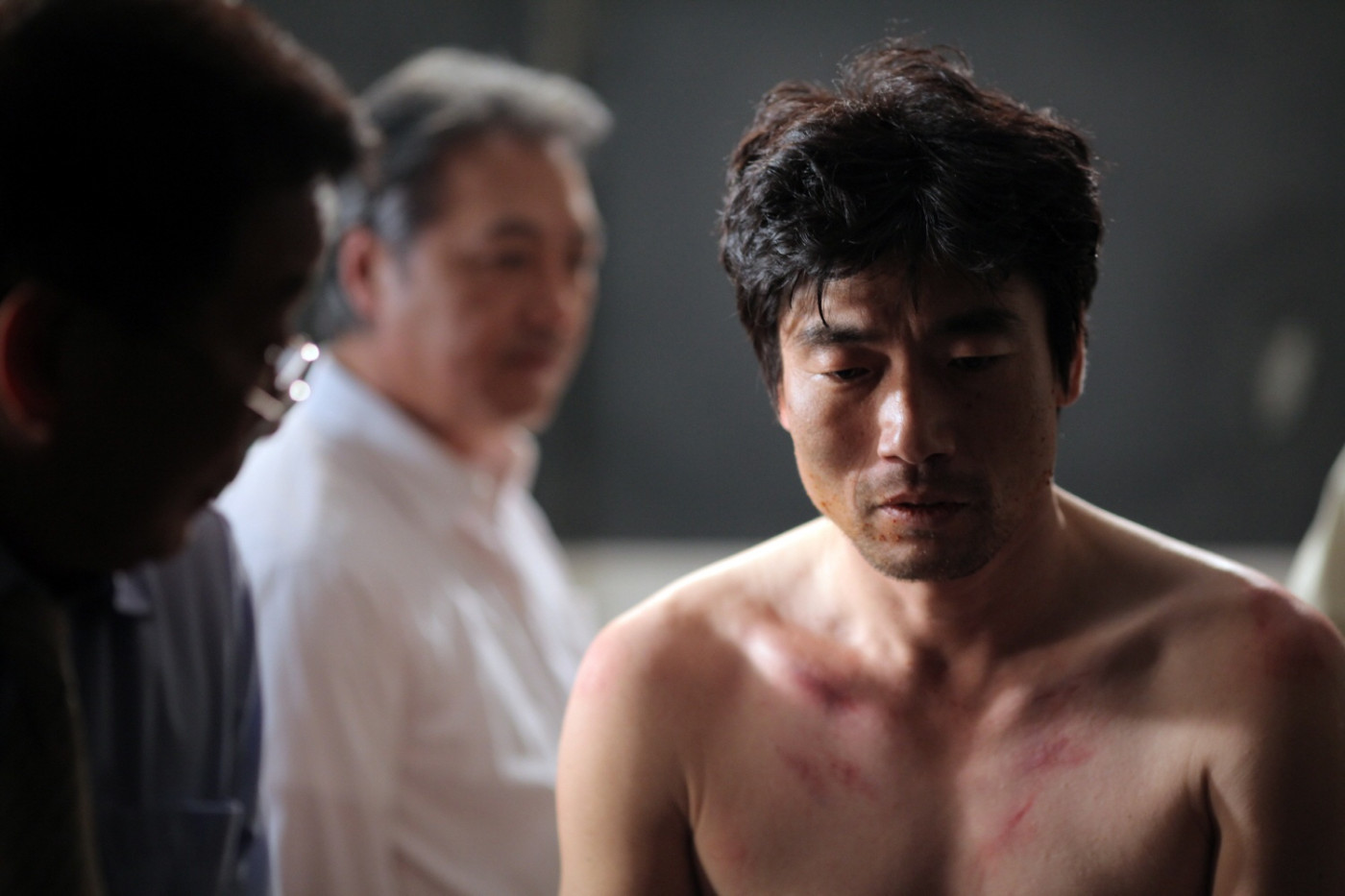
In 1985 activist Kim Geun-tae was abducted before his family’s very eyes and subjected to 22 days of torture. In this oppressive and powerfully acted film, a disastrous chapter in Korean history unfolds in all its painful poignancy, and beyond its open revelation of brutal police practices, it highlights the strength of human will.


Room 515 at the infamous National Security headquarters, September 1985. The military regime cruelly persecutes its presumed enemies – including Kim Geun-tae, a father and pro-democracy activist. The security forces try to extract a confession concerning his collaboration with North Korean communists. When Kim refuses to yield, the authorities bring in brutal interrogator Lee Doo-han, known as The Undertaker. Though inspired by real events, this openly brutal film makes a more general statement. It succeeds in building an oppressive atmosphere by focusing on events inside the prison while consciously ignoring the flow of time in the outside world. With this provocative film, Chung Ji-young has opened a painful chapter in South Korean history. What’s more, he did so shortly before the presidential election won by Park Geun-hye, daughter of former general and president Park Chung-hee, who established the regime that laid the foundations for the brutal conditions of the 1980s.
106 min / Color, HD CAM
Director Chung Ji-young
/ Screenplay Lee Dae-il, Chung Sang-hyup, Kang Min-hee, Chung Ji-young
/ Dir. of Photography Seo Min-soo
/ Music Shin Min
/ Editor Go Lim-pyo
/ Producer Chung Ji-young
/ Production Aura Pictures
/ Cast Park Won-sang, Lee Kyeong-yeong, Myung Kye-nam
/ Contact M-Line Distribution

Chung Ji-young (b. 1946, Cheongju) is a leading Korean director who began his long career as an assistant to the extraordinarily prolific legend of South Korean film, Kim Soo-yong. He debuted with the erotic suspense film Mist Whispers Like Women (Angaeneun yeojacheoleom sogsag-inda, 1983) but didn’t gain widespread renown until diverging from popular genres and concentrating on more serious topics (e.g. North Korean Partisan in South Korea, 1990). His greatest – unexpected – commercial hit was the socio-critical film Unbowed (Bu-reo-jin Hwa-sal, 2011). Following Life and Death of the Hollywood Kid (1994), National Security is Chung’s second work to be screened at Karlovy Vary. He also showed a profound interest in Korean history (including film history) in the documentary Ari Ari the Korean Cinema, which premiered in 2011 at Asia’s largest film festival in Busan.
M-Line Distribution
3F Mido Bldg., 540-21 Shinsa-dong, Gangnam-gu, 135-889, Seoul
Republic of Korea
Phone: +822 344 415 99
Fax: +822 796 2429
E-mail: [email protected]
First-hand brews throughout the year.
Be among the first to learn about upcoming events and other news. We only send the newsletter when we have something to say.